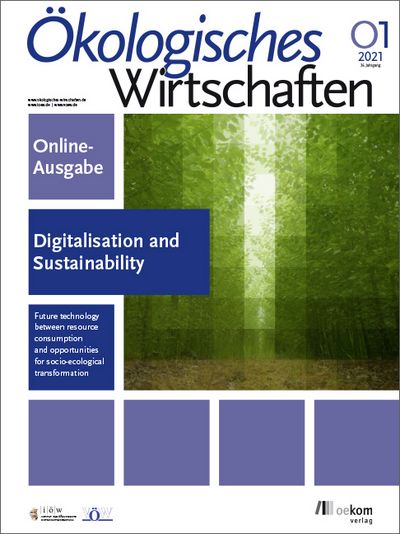Digitalizing the Energy System in a Sustainable Way
To ensure the fluctuating feed-in of electricity based on renewable energy sources into the power grids, energy generation and consumption must be better coordinated. For example, renewable energy plants in Germany regularly have to be limited. This means that the energy remains unused, but consumers still pay for it. The energy transition is causing the physical energy system and its organization to become increasingly decentralized. A growing number of participants are taking part in energy market activities through small-scale interactions, for example by generating their own electricity or heat with photovoltaic systems, wind turbines or heat pumps, and in some cases also by feeding it into the grids.
With the decentralization and the diversity of participants, the complexity of the energy system and its control and regulation requirements do increase. To make a supply with almost 100 percent renewable energies possible at all, the load flows in the energy system must be controlled more intelligently. Digitization with the integration of information and communication technologies, big data, learning systems and new digital solutions, as well as business models based on them, is therefore seen as an important prerequisite for a successful energy transition. But how ecological is a digitized energy system and what social challenges do arise? Does increasing the interconnectedness create more vulnerabilities and thus new problems? How much digitization is necessary for a climate friendly energy system? In this article, we discuss the challenges, current developments and policy options for a sustainable digitized energy system.
Click here to download: https://www.oekologisches-wirtschaften.de/index.php/oew/issue/view/161



